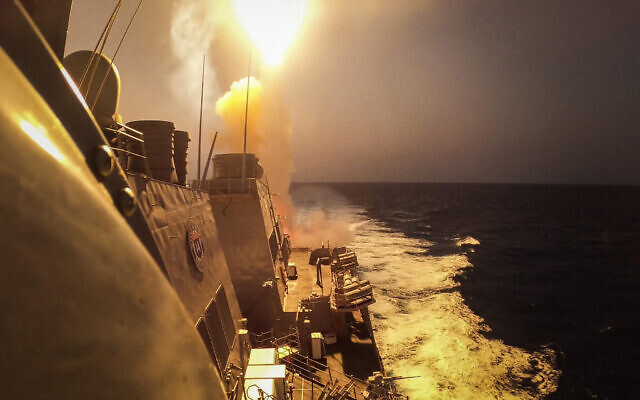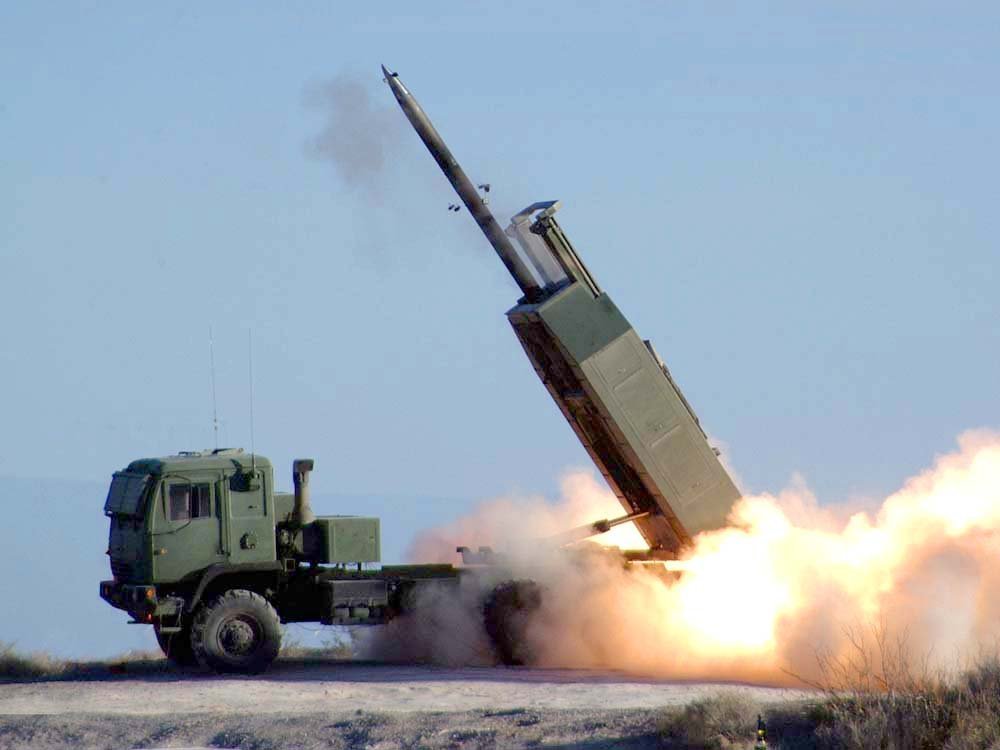PICTURED: Russian President Vladimir Putin signs documents, including a decree recognizing two Russian-backed breakaway regions in eastern Ukraine as independent, during a ceremony at the Kremlin in Moscow. PC: Alexey Nikolsky /Sputnik/AFP via Getty Images. Fair Use.
KYIV, Ukraine. March 3rd, 2022. As the new war in Ukraine enters the 8th day of fighting, artillery shells continue worryingly to strike resident buildings in Kharkiv, and a second round of ceasefire talks between the combatants is imminent on the Belarus border.
Kherson, a large city of several hundred thousand people in the south of the country has been seized according to Russia, but not Ukrainian military authorities.
In Russian President Vladimir Putin’s speech announcing hostilities, his position was that Ukraine isn’t really a country, but only a puppet government controlled by the West, and that in the east of the country lay a persecuted minority which needed protecting, invoking NATO’s decision to arm and protect the Kosovars in the ethnic Albanian-dominated Kosovo region of Serbia.
Russia’s UN ambassador Vasily Nebenzya said as much when he followed the Ukraine ambassador’s statement at the recent General Assembly meeting with “the hostilities were unleashed by Ukraine against its own residents … and Russia is seeking to end this war”.
Russian Foreign Minister Sergei Lavrov told Al Jazeera that the war is being fought to “disarm” Ukraine, and ensure it cannot muster, nor be used as a location to muster, capabilities that can harm the Russian Federation.
The international community barring a tiny portion has completely sided against Russia in word and deed, and she is now being forced to endure everything from kicking Russian sports teams out of international competitions, the seizing of property, massive sanctions regimes, and expulsion from the SWIFT international banking system, with further penalties such as an expulsion from the global oil and gas markets, and even an attempt to oust her from the UN Security Council, in the works.
Out in the wider world, Russians are facing discrimination for the actions of their government, such as Russian National Football players, while the opinions of those sympathetic to Russian security concerns are actually being imprisoned in the case of the Czech Republic. Even international Russian cat breeds are facing economic sanctions.
Considering all this, which the Kremlin must have anticipated to some degree, what is the end game Putin could hope to achieve? “To end this war,” means what exactly? In what possible world could Moscow achieve influence of any degree over Kyiv and have the rest of the world tolerate it?
PICTURED: The Ukrainian delegation leaves a Belarusian military helicopter upon their landing in Gomel region, Belarus, Monday, Feb. 28, 2022. The Russian and Ukrainian delegations met for their first talks Monday. The meeting is taking place in Gomel region on the banks of the Pripyat River. PC: Sergei Kholodilin/BelTA Pool Photo via AP. Fair Use.
Analysis
Former British diplomat Craig Murray puts it succinctly when he recently penned “it is simply impossible – and has been since the annexation of Crimea – that a democratic Ukraine is voluntarily going to elect a pro-Russian government. After this invasion, the only way a pro-Putin regime could be maintained in Ukraine would be by extreme authoritarianism, going well beyond the prevailing system in Russia itself”.
However, Murray adds, whether purposeful or as an aspect previously overlooked for or unimagined by Putin, casualties in Ukraine are nothing remotely like what NATO unleashed in Afghanistan and Libya, or the U.S. did when it invaded Iraq. Instead, he details, Putin may have overestimated his troops’ will to kill Ukrainians, for as much as the two nations have had their problems, their intertwining both culturally and familial, goes extremely deep.
In this case, other analysists see this as a sign that Putin will see this and try to negotiate his way out, perhaps after arresting or otherwise exiling the current Ukrainian cabinet. Tom Pickering, a Bookings/Quincy Institute Fellow and American Ambassador to 6 countries over a 5 decade-long career at the State Department, believes that the lives of the Ukrainian civilian population now depend on determined diplomacy that has yet to be seen from NATO or other countries.
“Those now advocating to escalate, expand or extend this conflict to press the West’s perceived advantage over Russia and ultimately affect regime change will do so over an ever-growing number of dead Ukrainians in whose interests they presume to act,” Pickering writes at Responsible Statecraft. “While it will require painful give and take on both sides, long term neutrality for Ukraine as a bridge country, [as Henry Kissinger first envisioned] built on the model of Finland or Austria, is a concept worth generating and implementing”.
Otherwise there’s a not-unreasonable case to be made that the near-immediacy of ceasefire talks, and the tactics deployed in Ukraine compared to other conflicts involving the Russian military such as in Chechnya and South Ossetia, suggest that this conflict is simply one step—albeit a broad, heinous one, in Russia’s efforts to have her security concerns met in Eastern Europe.
Scott Ritter, a former U.S. Marine Corps intelligence officer who served in the Soviet Union implementing arms control treaties, and as a UN weapons inspector dismantling and searching for weapons in Iraq prior to the 2003 invasion, argues that the invasion of Ukraine will precipitate the return of a Cold War to Europe, which European leaders, too wrapped up in the impermanence of their office and the changing desires of their constituents, will deny exists.
“By invading Ukraine, Russia is creating a new geopolitical reality which revolves around the creation of a buffer of allied Slavic states (Belarus and Ukraine) that abuts NATO in a manner like the Cold War-era frontier represented by the border separating East and West Germany,” writes Ritter at Consortium News. “Russia will be able to exchange the withdrawal of its forces from Belarus and Ukraine in return for its demands regarding NATO’s return to the 1997 boundaries”.
Ritter refers to a famous speech Putin gave at the Munich Security Conference in 2007 in which he stated the need for a “new security framework to replace [the] existing unitary system currently in place”.



